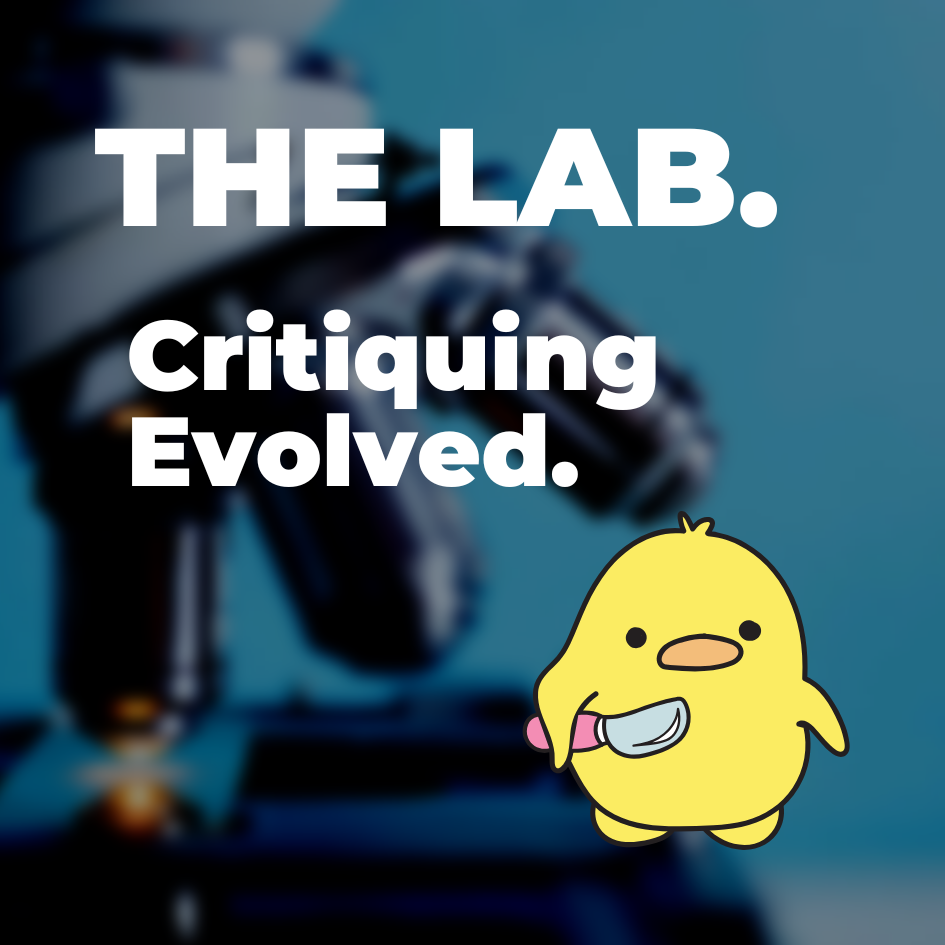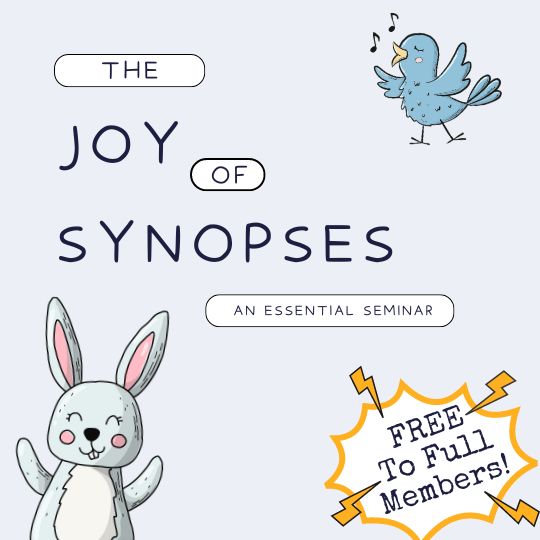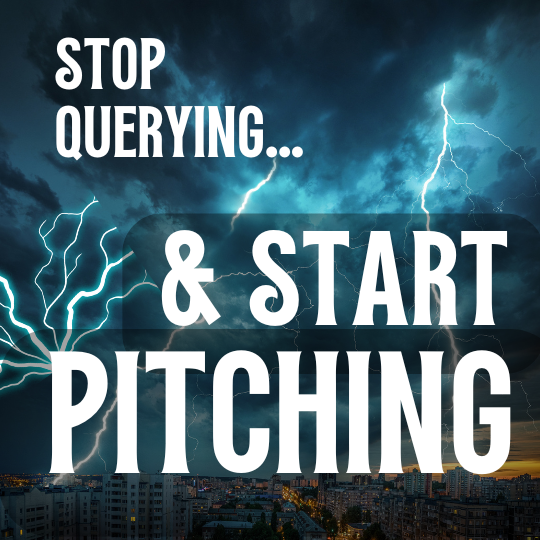Follow along with the video below to see how to install our site as a web app on your home screen.
Note: This feature may not be available in some browsers.
-
Café Life is the Colony's main hangout, watering hole and meeting point.
This is a place where you'll meet and make writing friends, and indulge in stratospherically-elevated wit or barometrically low humour.
Some Colonists pop in religiously every day before or after work. Others we see here less regularly, but all are equally welcome. Two important grounds rules…
- Don't give offence
- Don't take offence
We now allow political discussion, but strongly suggest it takes place in the Steam Room, which is a private sub-forum within Café Life. It’s only accessible to Full Members.
You can dismiss this notice by clicking the "x" box
You should upgrade or use an alternative browser.
Different chapters for different POVs?
- Thread starter SarahC
- Start date
- Status
- Not open for further replies.
My personal opinion is that it doesn't really matter as long as it's clear.Quick question on the perceived wisdom on this one:
Is it better to have different chapters for different POVs? Or are scene changes enough as long as it's clear early on whose head we are in?
Terry Pratchett jumps all over the place with his POV, sometimes switching mid paragraph, but I'm never confused. I always know whose head I'm in at any given moment because it is clearly written.
- Thread starter
- #3
I'm keeping my switches to whole scenes, was just contemplating there whether to chapter them or not.
I think, as long as the whole book is like that readers will adapt.That's what I tend to think when I'm reading. I can normally figure it out. Dune was another one for that. My partner gave up on Wolf Hall because he never had a clue whose POV he was reading (too many Thomases!), but I never find that bothers me.
I'm keeping my switches to whole scenes, was just contemplating there whether to chapter them or not.
If you're writing with one POV then suddenly start jumping around mid-novel that'll probably get confusing. But if you set the expectation early that it's multi-POV and set the rules it's probably fine.
Personally, i never get lost with POV if it's written well.
I've never had a problem with a POV change in a scene change as long as the change of scene is clear.That's what I tend to think when I'm reading. I can normally figure it out. Dune was another one for that. My partner gave up on Wolf Hall because he never had a clue whose POV he was reading (too many Thomases!), but I never find that bothers me.
I'm keeping my switches to whole scenes, was just contemplating there whether to chapter them or not.
It’s another one of those pearls of wisdom handed down by the ‘Rules Police’.
To them I say, ‘read some classics’.
Adherence to dogmatic rules will see us all write in a uniform fashion with little or no individual authorial voice or style.
On the other hand, as a reader I enjoy POVs by chapter as it gives me a chance to really get inside a character's head. But that really depends on the style of your story and how close you are writing your POVs.
And one other bit of received wisdom: scenes are far more important than chapters. So unless something internal is urging you to restructure, I'd say leave it. For what it's worth!
Dorm Ant
Guest
Alternate paragraph head-hopping, however, is awful to read.
I was advised by my very first alpha reader of Dogs of London, (who read along chapter by chapter as I wrote the story), that I should only write chapters from CJ's POV if Ross, my main character, isn't with him. So I did that, and the POV only switched to CJ for two chapters in the final quarter of the story. (This alpha reader, by the way, is a successful full-time trad published writer.) Beta readers on here hated that and felt that they needed to experience CJ's POV much sooner, so I brought him in in an early chapter. I perfer the story as it is now.
I do subscribe to a rule of no more than five POV per story - ideally no more than three. Whenever I've mentioned this to a writer with lots of secondary characters having the POV and they have re-written to limit the number to under five main characters, it has always vastly improved the story.
E G Logan
But if we're talking about a chunk of three paragraphs or so, for example, I'd go for a line space before the new POV.
Head hopping isn't that well accepted in fantasy either unless it's done brilliantly. Few can pull off what Terry Pratchett did. It was all part of his unique style.Concur with everyone. If you can write it well and it works then I don't see why not. Joe Abercrombie is known for jumping within chapters (but diff sections), and as Jake said Terry Pratchett was notorious was jumping all over the place. Is genre a consideration? I feel like head hopping is very common and accepted in Fantasy, but perhaps less so in others?
- Thread starter
- #19
I haven't read that one, but I read a couple of Game of Thrones books pretty much only reading the four or five characters I was interested in and skipping the rest (sorry to any diehard fans!)Have you read The One by John Marrs? He has about 4 POVs (don't ask how many exactly. I'm getting old) one MC per chapter and in oder. It works well and fine (it's sort of 4 separate but related stories in one book) and felt polished and confident. But I found myself scan-reading the chapters whose POV I wasn't so hooked on. I had two fave POVs and wasn't so botherd about the others esp since skipping them didn't affect the overall story. Having said that, I can't see how he could have done all those POVs differently other than one per chapter.
I skipped a lot of the Dothraki. They were too violent for me. But it was good to be able to skip.I haven't read that one, but I read a couple of Game of Thrones books pretty much only reading the four or five characters I was interested in and skipping the rest (sorry to any diehard fans!)
E G Logan
Don't sound so guilty! I'm sure most of us have done that. I know I have.But I found myself scan-reading the chapters whose POV I wasn't so hooked on
E G Logan
I think that needs other prompts – perhaps facial expression, body language, etc, references – to reinforce the dialogue changes, which can be relatively subtle. And also to keep the reader aware of what's going on, without bashing them over the head with it.
- Status
- Not open for further replies.
Further Articles from the Author Platform
Café Life Tag Cloud
Similar threads
- Replies
- 2
- Views
- 281
- Replies
- 7
- Views
- 1K
Latest Articles By Litopians
-
What’s in a game?
6When my son was a toddler, he threw the mother of all tantrums at my childless friends’ house. I ...
-
The Shadow Durian
As a lifelong foreigner, I’ve learnt that being open to new things smooths the path considerably. ...
-
Goodbye Eeyore, Hello Tigger
Granny was churchy. She grew up in an era that saw living by the Bible as an important British chara ...
-
21st Century Song of Summer
It’s sobering to think that while summer is celebrated in some parts of the world with mus ...
-
Falcon Theory
“So,” said Goethe to his friend Johann Peter Eckermann, “let us call it a Novelle, for what i ...
-
The Joy of Lit Mags
While my first novel is tentatively making its way towards agents who already have too much to read, ...
-
Advertising and Social Media
There has been much discussion in writing circles about how much a writer has to self-promote these ...



